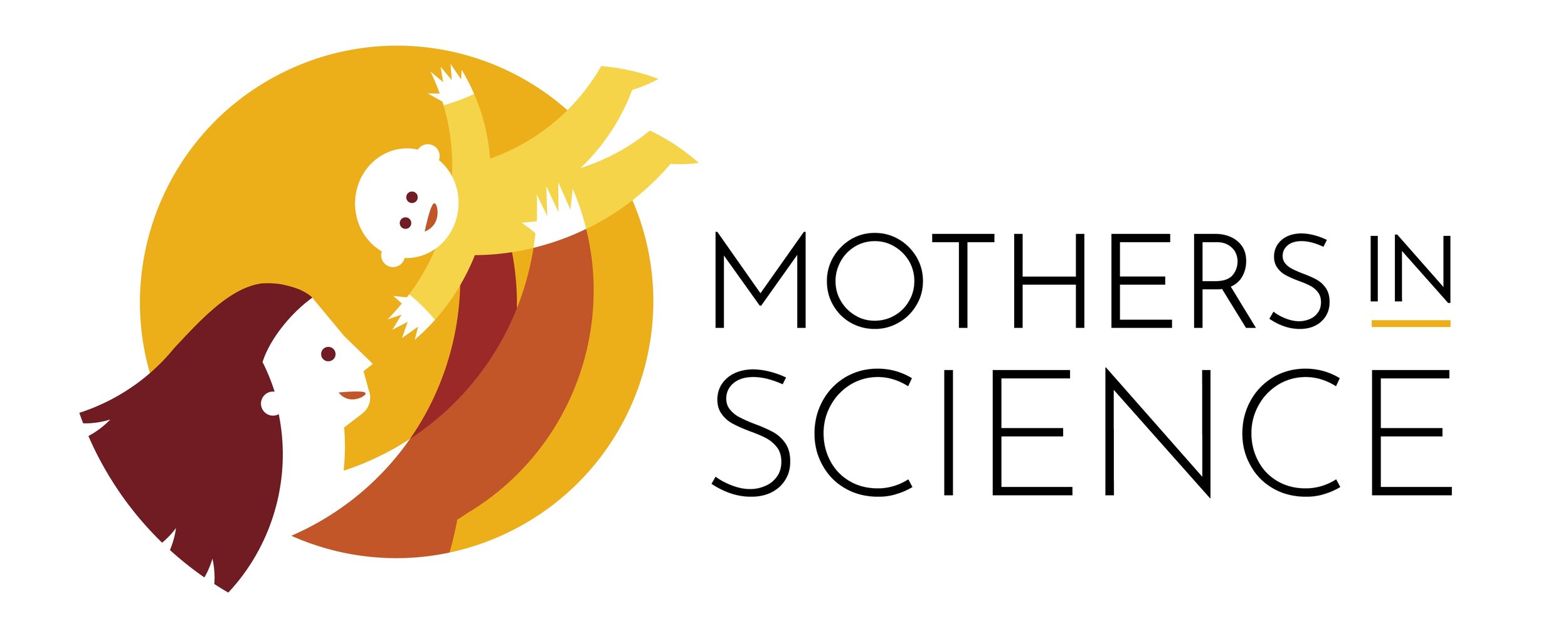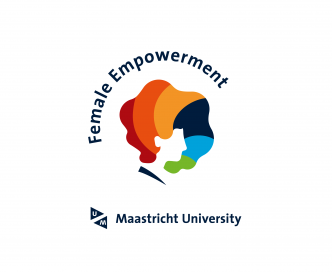Each week another paper is published and another news article released, telling us what we already know: Mothers are in trouble. We knew this crisis was coming and sounded the alarm early, and yet, our leaders have failed to take significant actions to address it, even after a full year into the pandemic.
In many ways, this is not new. Mothers have long been forced to operate in an inequitable system. We need to do more with fewer resources, carry a heavier caregiving and domestic burden with no compensation, work harder for the same recognition and lower salaries. COVID-19 has exposed what was always an unsustainable model for mothers, and especially mothers of colour. The system is broken. And until we make systemic changes, mothers will continue to struggle, with severe consequences on our physical and mental health, our productivity and our entire careers.
COVID-19 has reduced the productivity of mothers in STEM (science, technology, engineering and mathematics) globally. Delays in conducting research as well as reductions in paper and proposal submissions will have long-lasting negative impacts on the careers of mothers in STEM. As shutdowns echoed across the globe in the winter and early spring of 2020, many mothers in science were thrown into being full-time caregivers while simultaneously attempting to home-school and work from home. Mothers are being forced to leave their jobs or reduce working hours to care for their children, and this will set women’s progress back several decades in STEM fields—disciplines where women and Black, Indigenous, and people of colour were already wholly underrepresented pre-pandemic.
Women scientists are critical to moving science forward, yet we continue to be systematically marginalised. The longstanding inequities are especially harsh for parents, mothers in particular, and mothers of colour most of all. COVID-19 has deepened these inequities, bringing mothers in science across the globe to the very edge of no return, and if we do not act now, we will lose them.
This pandemic, however, also offers an opportunity. Rather than returning to historical unequal norms, let us build anew. Let us seize this moment to create a system that values inclusion of everyone in science.
There are many ways to solve this problem and to help mothers in STEM succeed. Below we offer six examples, and we urge you to read more details on these and other suggestions available at Mothers in Science, 500 Women Scientists, and Fulweiler, Davies et al.
We call for universal, high-quality, safe daycare and childcare support. This can be accomplished at the company, institution, state, or country level.
We call on our institutions to re-write their promotion and merit processes with transparent guidelines on how they support parents in science, especially mothers. We ask them to examine the research on gender neutral policies and to develop more specific policies that help mothers, and mothers of colour in particular, to thrive.
We call on our funding agencies to develop gender and race equity policies that support all applications and enhance research quality.
We call on our scientific societies to provide on-site conference daycare, lactation rooms, virtual meetings, and enhanced support for single mothers and mothers of colour.
We call on our publishers to elevate publications of mothers, especially mothers of colour, by removing their open-access fees, fast-tracking their submissions, and inviting them to publish.
We call on research team leaders to establish a supportive and flexible work environment, to adjust productivity goals, and to ensure scientist mothers aren’t excluded from career advancement opportunities.
























